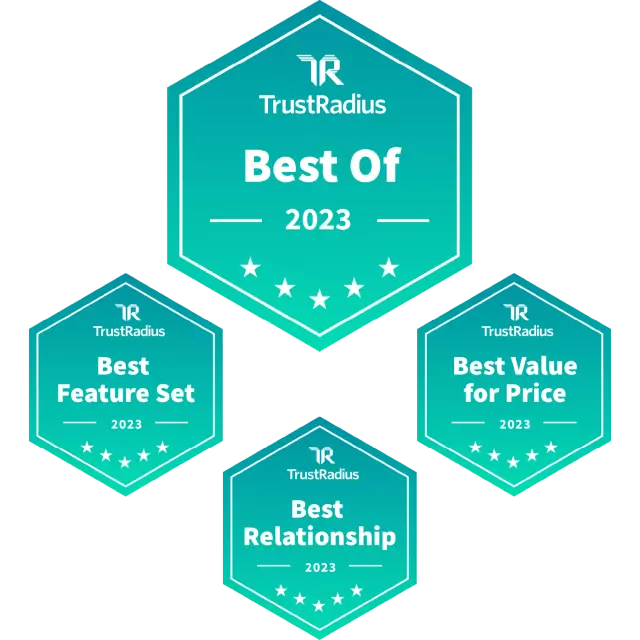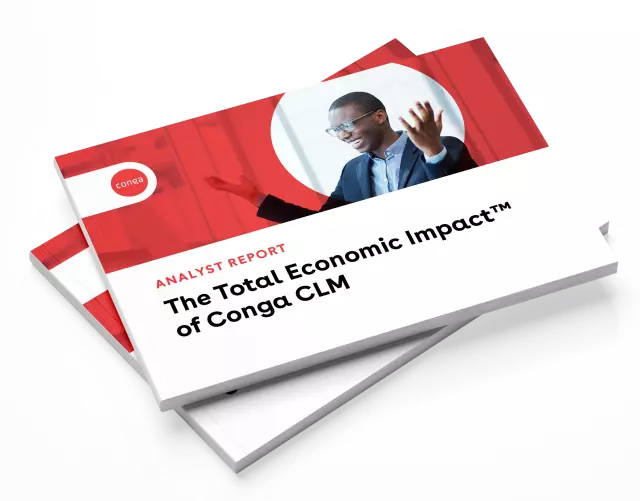
"Conga contracts make it easy for us to bundle all the clauses for different contracts we use like NDA, Work made for hire, foreign license, etc. Also, contract negotiation has become very easy. Redlines and true-up are amazing features."
Customer success: Sony Pictures Networks India
Discover how Sony Pictures Networks India used Conga CLM to streamline their contract management process, resulting in increased efficiency and faster decision-making. Read the full story to learn how they transformed their operations and gained a competitive edge in the media industry.


Conga sweeps the TrustRadius 2023 Best of Awards
Conga CLM placed first in all three Best of Awards on TrustRadius, the most trusted B2B Technology decision-making platform. Conga was recognized for Best Value for Price, Best Feature Set, and Best Relationship.
See everything this tool can do, based on your unique business needs.
Effective CLM helps businesses manage contracts more effectively to increase efficiency, streamline sales, and reduce risk. Download the ultimate guide to contract management to learn more about how effective contract management can help you streamline processes, maximize deal values, and reduce risk.


Forrester conducted a rigorous, independent investigation of the cost savings and business benefits enabled by Conga CLM, based on customer interviews, data collection, and financial analysis. You can now read The Total Economic Impact™ of Conga CLM, a commissioned study by Forrester Consulting on behalf of Conga.
See what customer say about Conga CLM
Digital-first organizations are turning to contract automation through machine learning and artificial intelligence to simplify contract operations and maximize the value of every contract.
Noticing missed or late renewals? Then it might be time to consider developing an automated contract renewal strategy. This will allow you to retain your customer base and develop brand loyalty.
It is more important than ever for buyers to be confident in their M&A transactions. Learn how Conga Contract Intelligence can help teams make smart investments for their company’s future.
Manage all contracts in a single place with a full view of the entire contract cycle, including versions, negotiations, approval history, and metrics.
Automatically extract contracts and key terms for strategic insights, accurate reporting, and risk mitigation using powerful AI.
Minimize risk and lengthy delays in legal approval by incorporating standard, pre-approved language and clauses.
Securely comment and redline agreements in real time, shortening contract cycle times and syncing changes, all without leaving the tools you use every day.
Save time and close deals faster—while improving compliance and visibility—with Conga’s contract lifecycle management products. Optimize both internal and external communication and collaboration, focusing on efficiency, compliance, and strategic insights.